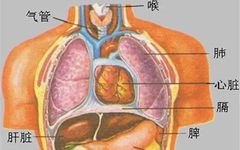The Spleen, Stomach, Heart, Liver, Lung, and Kidney are not isolated; they exist in a relationship of mutual generation and restriction, influencing and constraining each other. In Traditional Chinese Medicine (TCM), health maintenance is not only about targeted treatments like “treating headaches with head therapy” but also emphasizes holistic nurturing. TCM health maintenance mobilizes the body’s energy through nurturing methods, achieving a balance of Yin and Yang, harmony among the five organs, and smooth circulation of Qi and blood, leading to a long and healthy life.
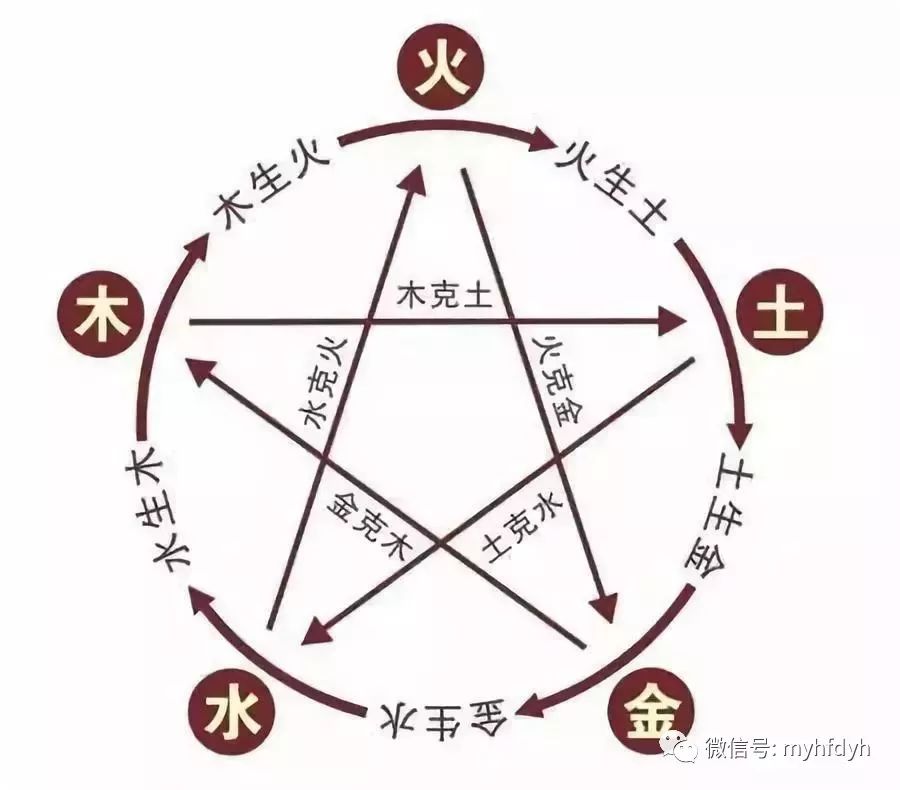
1. The Way of Nourishing the Spleen and Stomach
In TCM, the term “Spleen” does not refer to the anatomical spleen in Western medicine but encompasses the comprehensive functions of the stomach, small intestine, and large intestine (similarly, the other organs—Heart, Liver, Lung, and Kidney—are not merely the anatomical heart, liver, lung, and kidney but refer to the Heart Fire system, Liver Wood system, Lung Metal system, and Kidney Water system in TCM).
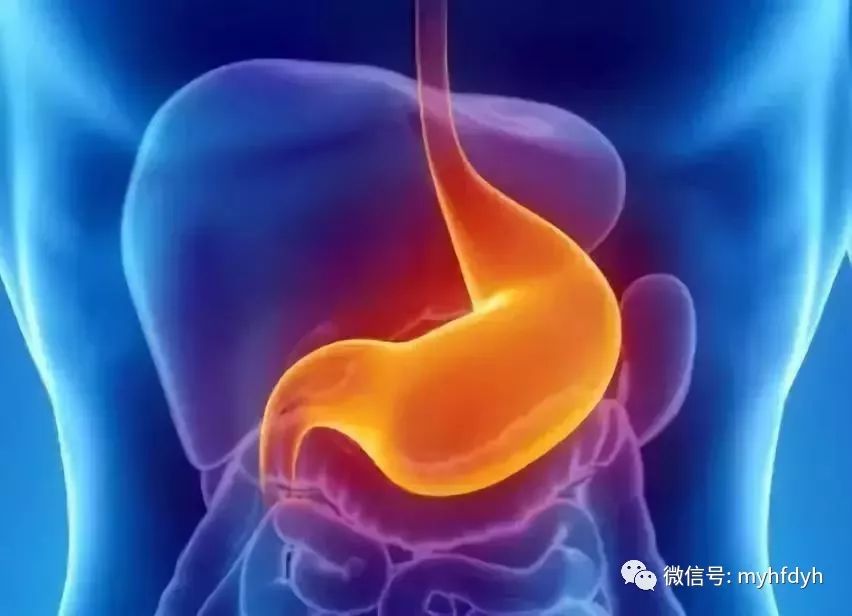
The Spleen belongs to the Earth element in the Five Elements theory and is the “production factory” of Qi and blood in the human body. Its physiological function is to “govern transportation and transformation,” which means digesting food into nutrients (Qi and blood) and transporting them throughout the body.
Throughout history, physicians have placed great importance on the health maintenance of the Spleen and Stomach. The Huangdi Neijing states: “The Spleen is the foundation of postnatal life, governing transportation and transformation, and generating Qi and blood.” This indicates that the Spleen and Stomach are the “foundation of postnatal life” and the source of Qi and blood generation for the five organs. The condition of the Spleen and Stomach is closely related to a person’s emotions; excessive thinking can harm the Spleen. For example, Zhuge Liang from the Three Kingdoms period died at the age of 54 due to excessive worry, which led to a lack of appetite and weakened Spleen and Stomach, ultimately resulting in insufficient Qi and blood production.
In TCM, a simple way to assess the state of Qi and blood is by observing the color of the lips. Since the Spleen opens to the mouth, the color of the lips reflects the state of Qi and blood. If the lips are pale or dull, it indicates insufficient Spleen Qi and inadequate production of Qi and blood, suggesting that the person likely suffers from Qi and blood deficiency.
Abnormalities in the Spleen and Stomach system often manifest as symptoms such as indigestion, loss of appetite, post-meal bloating, nausea, vomiting, belching, heartburn, diarrhea, constipation, gastritis, and gastrointestinal ulcers. We can judge the functionality of the Spleen and Stomach based on the presence or absence of these symptoms. If these symptoms occur, it indicates a problem with the Spleen and Stomach system. What should we do?
According to the Five Elements health maintenance culture, TCM believes that the color yellow, sweet flavor, and the sound “xu” are all related to the Spleen and Stomach, belonging to the Spleen Earth system, and can nourish and supplement the Qi of the Spleen and Stomach.
Therefore, individuals with Spleen and Stomach issues should wear yellow clothing, and their living spaces can incorporate more yellow colors. In terms of diet, they should consume more yellow foods with a sweet flavor, such as millet, sweet potatoes, corn, pumpkin, and yellow soybeans, which are excellent for nourishing the Spleen and Stomach.
In daily life, frequently making the sound “xu” can also benefit the Spleen and Stomach function. The idea that sound can heal is not too mystical; in fact, TCM’s phonetic health maintenance has similarities with Western music therapy. The Shiji: Yueshu states: “Music stirs the blood vessels and circulates the spirit,” indicating that sound indeed reflects a person’s physical condition and can promote recovery from illness.
Within our bodies, there is also the power to nourish the Spleen and Stomach. For instance, there is a saying that “massaging Zusanli (足三里) every day is equivalent to eating a whole chicken,” meaning that regularly stimulating the Zusanli point can enhance the Spleen and Stomach’s transportation and transformation functions. Additionally, abdominal breathing, massaging the abdomen, or squatting can strengthen the Spleen and Stomach system.
2. The Way of Nourishing the Heart
When playing chess, regardless of losing a rook or a knight, as long as the king is still there, the game is not lost; but if the king is captured, no matter how many pieces you have, you have lost. The Heart’s position among the five organs is like the king on the chessboard, thus the Huangdi Neijing refers to the Heart as the “ruler’s organ,” governing the circulation of Qi and blood throughout the body.
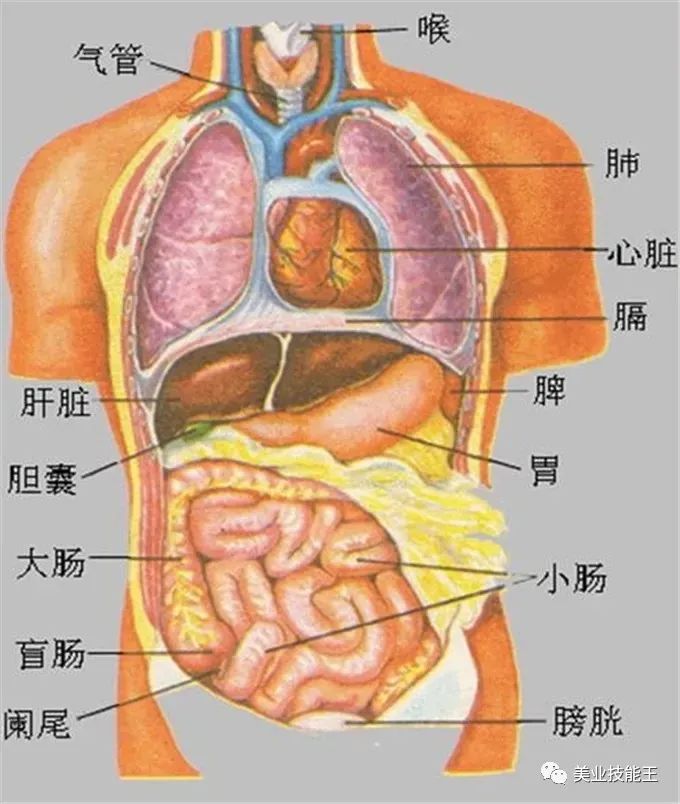
TCM states that the Heart houses the spirit; when the Heart’s Qi and blood are abundant, the spirit is nourished, leading to clarity of mind, quick thinking, and sound sleep. Conversely, if a person experiences memory decline and shallow, dream-filled sleep, it indicates insufficient Heart Qi and blood, necessitating prompt replenishment.
TCM believes that excessive joy can harm the Heart. This means that excessive excitement can impair Heart function, as exemplified by the character Fan Jin from the story of the imperial examination, who suffered from excessive joy.
The Heart opens to the tongue. TCM assesses Heart function by observing the shape and color of the tongue and the fluency of speech. For instance, individuals with frequent tongue ulcers may have excessive Heart Fire; those who frequently stutter while speaking may be overly fatigued, indicating weak Heart Qi; and dark, swollen veins under the tongue suggest potential cardiovascular issues.
Abnormalities in the Heart Fire system often present symptoms such as palpitations, chest pain, cyanosis of the lips and nails, mouth and tongue ulcers, insomnia with vivid dreams, neurasthenia, and coronary heart disease. What good methods does TCM offer for these symptoms?
According to the Five Elements health maintenance culture, red dates, red peppers, red beans, cherries, duck and chicken blood, and longan are all red foods related to the Heart, belonging to the Heart Fire system, thus they can nourish the Heart. Particularly, sour jujube seeds (Suan Zao Ren) are excellent for nourishing the Heart and calming the spirit. Foods that best clear Heart Fire include lotus seeds and bitter melon, both of which are bitter and belong to the Heart Fire system, capable of draining Heart Fire. In daily life, frequently making the sound “he” can also benefit Heart function.
Internally, we can promote the circulation of Heart Qi and blood through simple methods such as tapping the Pericardium Meridian, massaging Neiguan (内关), striking Daling (大陵), and patting Jiquan (极泉).
Among various herbs, Sanqi (三七) is the most effective for invigorating blood and resolving stasis in treating coronary heart disease, while Lingzhi (灵芝) is excellent for nourishing the Heart and calming the spirit. Dendrobium (石斛) is best for nourishing Heart Yin and replenishing Heart Qi, and Suan Zao Ren is the most effective for calming the spirit and aiding sleep.
3. The Way of Nourishing the Liver
The Huangdi Neijing compares the Liver to a “general,” using the character of a strong and impulsive general to describe the physiological characteristics of the Liver.
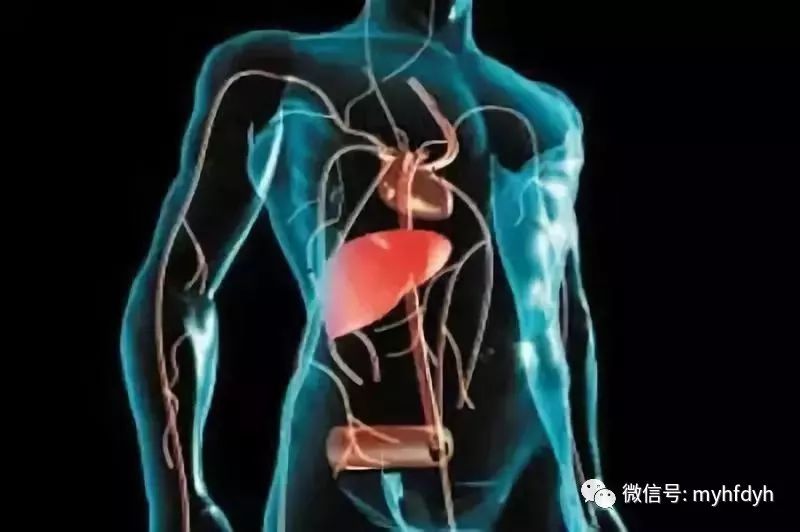
In fact, people with a quick temper often have excessive Liver Fire. Therefore, when someone is angry, it is best not to argue with them. Why? Because their excessive Liver Qi transforms into Fire Qi, which they cannot control. An irritable person may pound the table to release their anger; they need to express it to feel better, or else it will harm their health. Once the anger dissipates, they will naturally calm down.
However, if a person is constantly angry, it can lead to high blood pressure or even liver fibrosis. A classic example is Zhou Yu from the Three Kingdoms, who died from a sword injury after a fit of rage, illustrating the concept of “great anger injures the Liver.” Maintaining a tolerant attitude towards others and oneself, and keeping a calm mindset in life is crucial for health.
The Liver stores blood, and we can assess the state of Liver blood by examining the condition of the nails and eyes. The nails on our hands serve as a barometer for Liver blood; if they are thinner, more brittle, or paler than average, it indicates insufficient Liver blood. The Liver opens to the eyes; if the eyes are frequently dry and tear easily in the wind, it suggests a deficiency of Liver Yin and blood.
Abnormalities in the Liver Wood system often present symptoms such as bitter mouth, dizziness, dry eyes, red and swollen eyes, rib pain, irritability, liver disease, high blood pressure, high blood lipids, and dry nails.
How can we nourish the Liver? Sour flavors, green colors, and the sound “hu” are all related to the Liver, belonging to the Liver Wood system. Therefore, foods with sour flavors such as donkey-hide gelatin (Ejiao), black plums, vinegar, and hawthorn, as well as green foods like mint and celery, are excellent for nourishing the Liver. Additionally, foods like rose, chrysanthemum, onions, lychee, papaya, peach, and carp are also representative of liver-nourishing foods. Frequently making the sound “hu” in daily life can also benefit Liver function.
Many people feel rib pain when angry. This is because the Liver Meridian runs through the ribs. In TCM health culture, tapping the ribs helps promote the circulation of Liver Qi and blood, making it a simple and effective method for liver nourishment. For those with excessive Liver Fire, regularly tapping the ribs or the Gallbladder Meridian can help drain Liver Fire.
Among the many herbs for nourishing the Liver, Goji berries (枸杞) are the best for benefiting the Liver and improving vision, while Lingzhi (灵芝) is best for liver protection and detoxification, and Tianma (天麻) is most effective for calming Liver Yang.
4. The Way of Nourishing the Lung
The Huangdi Neijing states: “The Lung governs the Qi of the entire body, controls respiration, and governs the skin and hair, opening to the nose.” Therefore, the Lung is referred to as the prime minister of the body, overseeing the operation of life’s Qi.
Grief can obstruct the flow of Qi in the body, thus excessive sorrow can harm the Lung. The character Lin Daiyu, who was overly sentimental and melancholic, ultimately died from lung disease, exemplifying the concept of “great sorrow injures the Lung.” Therefore, we should maintain an optimistic mindset and avoid unnecessary sorrowful emotions, as they can be detrimental to the Lung.
If pathogenic factors invade the Lung, causing disordered Lung Qi, common symptoms include cough, shortness of breath, coughing up blood, susceptibility to colds, chronic bronchitis, asthma, rhinitis, and chronic pharyngitis. Over time, Qi stagnation can transform into Fire, leading to rough skin and acne.
According to the Five Elements theory, white color, pungent flavor, and the sound “si” are all related to the Lung, belonging to the Lung Metal system. Therefore, white foods like tremella, lily, and pear are excellent for nourishing Lung Yin; pungent foods like ginger juice, onion, and cilantro can help open Lung Qi, especially effective during wind-cold colds. Frequently making the sound “si” in daily life can also benefit Lung function.
In the body’s meridians and acupoints, Yingxiang (迎香) is effective for treating rhinitis; regularly massaging this point can effectively prevent rhinitis. Tanzhong (檀中) is a key point for regulating Lung Qi, and frequently tapping this area can have beneficial effects on various lung diseases.
Individuals with chronic pharyngitis are suitable for taking throat lozenges primarily composed of lotus seeds and Fritillaria. Since the Lung governs the skin and hair, women with familial pigmentation can reduce pigment deposition by regulating Lung Qi.
5. The Way of Nourishing the Kidney
In TCM, the internal organs are composed of viscera, with the five organs (Heart, Liver, Spleen, Lung, Kidney) at the center. The five organs and six bowels are not isolated; they are interconnected and mutually restrict each other, forming a dynamic balance. Among them, the Kidney is the root of Yin and Yang in the viscera, as “the Yang of all organs relies on Kidney Yang for warmth, and the Yin of all organs relies on Kidney Yin for nourishment.” This means that the Yang of the five organs and six bowels is nourished by Kidney Yang, and the Yin of the five organs and six bowels is supplied by Kidney Yin, thus the prosperity and decline of each organ depend on the strength of the Kidney, hence the saying “the Kidney is the root of the five organs and six bowels.” In other words, the abundance or deficiency of essence in the Kidney affects the functions of other organs.
The Huangdi Neijing considers the Kidney as the “storehouse of essence, governing bone and marrow,” meaning it is the engine of life, thus ancient physicians also referred to the Kidney as the “foundation of pre-natal life.”
TCM believes that the Kidney stores essence, which can generate marrow, and its manifestation is in the hair. Marrow is stored in the bone cavity to nourish the skeleton, referred to as “the Kidney governs the bones” and “the Kidney generates marrow.” When Kidney essence is sufficient, the marrow is abundant, and the bones receive adequate nourishment from the marrow, making them strong and powerful.
If Kidney essence is deficient, the source of marrow production is insufficient, leading to weak and fragile bones, and even developmental issues. Teeth, like bones, are nourished by Kidney essence, referred to as “teeth are the surplus of bones.” Therefore, if children experience delayed tooth growth or adults have loose teeth or early loss of teeth, TCM attributes this to insufficient Kidney essence. Although hair is nourished by blood, its vitality originates from the Kidney. Since the Kidney stores essence, which can transform into blood, abundant essence and blood lead to lush and healthy hair, known as “its manifestation is in the hair.” Those who have long-term illnesses may experience sparse, dry, or falling hair, or premature aging and graying, often due to insufficient Kidney essence and blood deficiency.
When a person sits quietly, there are many physiological responses, one of which is the production of saliva. This indicates that your Kidney Qi and essence are being replenished, as in the Five Elements theory, saliva belongs to Kidney Water. Therefore, individuals with Kidney Yin deficiency often experience dry mouths and lack of saliva, indicating insufficient Kidney essence.
What symptoms arise from insufficient Kidney essence? Common symptoms include soreness and weakness in the lower back and knees, cold hands and feet, fatigue, tinnitus, hair loss, loose teeth, osteoporosis, frequent urination at night, prostate enlargement, reduced sexual function, infertility, Kidney deficiency, and menopausal syndrome.
According to the Five Elements health maintenance theory, black color, salty flavor, and the sound “chui” are all related to the Kidney, belonging to the Kidney Water system. Salty foods, especially seafood like sea cucumber and shrimp, are excellent for nourishing the Kidney; black foods like black sesame, black beans, and black chicken are also great for Kidney nourishment; additionally, pork kidneys, walnuts, and leeks are good for the Kidney. Frequently making the sound “chui” in daily life can also benefit Kidney function.
The lower back is the residence of the Kidney. TCM believes that soreness and weakness in the lower back indicate Kidney deficiency. Regularly rotating the waist is beneficial for the Kidney, a practice referred to as “shaking the dragon” in traditional health maintenance. Tai Chi or Qigong standing postures emphasize relaxing the waist, which helps nourish Kidney Qi. There is an acupoint on the lower back called Shenshu (肾俞), and regularly tapping or moxibusting this point can greatly nourish Kidney essence.
You may also like the following content:
Abdominal massage video explanation
Chest lymphatic detox techniques
Back massage techniques video
Techniques for treating the “wealthy bump” video
Breast health adjustment techniques video
Heart and lung maintenance techniques tutorial
Back and waist mud moxibustion operation techniques video
Lumbar manipulation massage techniques video
Abdominal massage techniques video
Ovarian health maintenance techniques video
Waist techniques video tutorial
Chinese foot reflexology techniques video
Armpit lymphatic detox techniques tutorial
Complete video tutorial for hair washing techniques
Kidney health maintenance techniques tutorial
Abdominal weight loss techniques video
Leg massage techniques video
Head scraping techniques video
Abdominal massage techniques tutorial
Shoulder blade scraping techniques video
Professional back explanation teaching
Don’t blush; women with strong reproductive functions share these two common traits, and if you possess both, congratulations!
The changes in the body between “having sex” and “not having sex” are surprisingly significant!
Reproductive health: Should women urinate after sex or not?
How to maintain health for different constitutions?
Follow the public account below to learn beauty industry sales techniques:
Follow the public account below to learn professional knowledge in the beauty industry:

